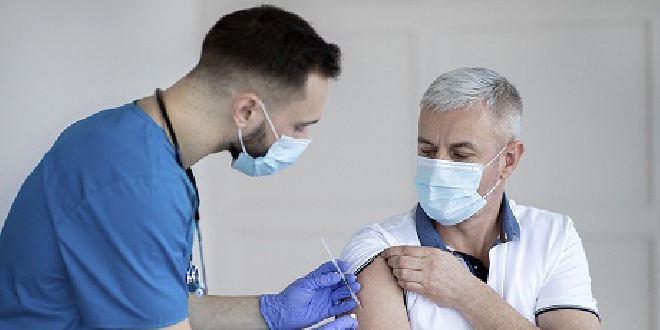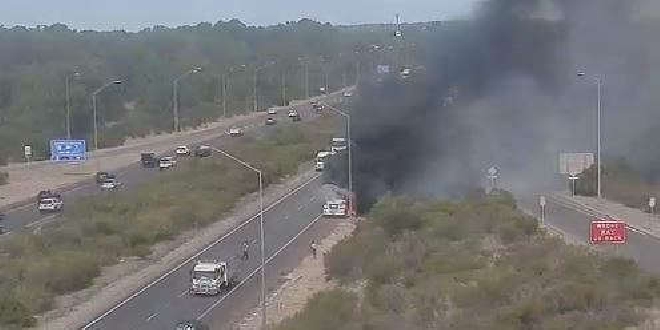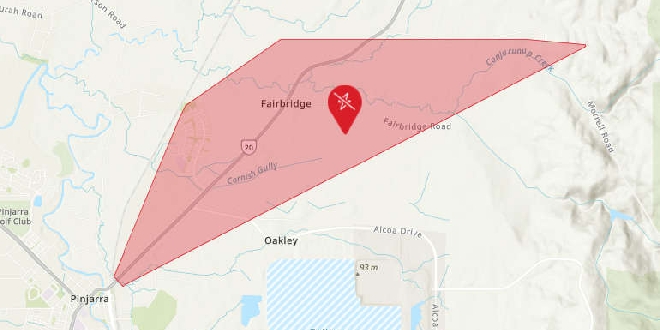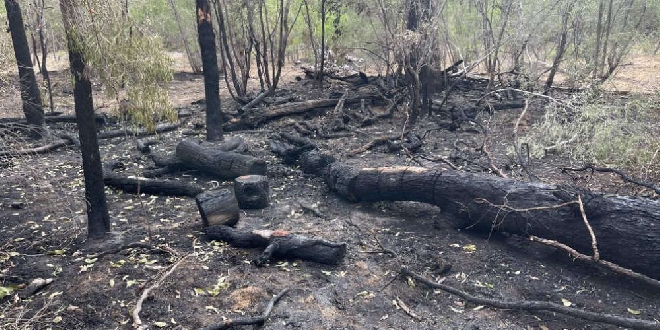
Western Australian health workers must be fully vaccinated against COVID-19 by the end of the year or they will be banned from working at public and private hospitals and public health service facilities.
On Thursday, The Chief Health Officer approved the mandatory vaccination rule, which applies to health care and support workers across health care facilities.
Mandatory vaccination for the health workforce will be introduced in a staged approach, with workers in the highest risk settings needing to be vaccinated first.
From October 1, health care and health support workers in public and private hospitals will need to have had at least their first dose of a COVID-19 vaccine to access tier one facilities, which include intensive care units, high dependency units, respiratory wards, emergency departments, COVID-19 clinics, COVID-19 vaccination clinics and hospital wards.
These workers will need to be fully vaccinated by November 1.
Also from November 1, health care workers will need to have had at least their first jab to access tier two facilities, which include all public and private hospitals.
These workers will need to be fully vaccinated by December 1.
Lastly, from December 1, workers in the health system will need their first dose to access tier three facilities, which include all public health service facilities including support services, Department of Health and health service provider sites.
These workers will need to be fully vaccinated by January 1, 2022.
Health Minister Roger Cook said there is a real possibility that an employee at a health care facility will come into contact with someone who has COVID-19.
“Given the integrated nature of the WA Health system, this means there are risks for all WA Health system employees, even if they are not on the frontline," Mr Cook said.
“That is why it is vital that we ensure our entire health care workforce is vaccinated against COVID-19 - this will benefit patients, the workers and the broader community."
‘Health care workers’ include those who provide heath, medical, nursing, pathology, pharmaceutical, social work or allied health services to a patient at a health care facility in any capacity; students on placement; and ambulance officers.
‘Health support workers’ include those who provide goods or services at a health care facility.
This applies to paid and voluntary workers, including agency staff working onsite; administrative staff; ancillary staff including cleaners, laundry staff, gardeners, food preparation services, security officers and maintenance services; providers of lifestyle and social care, eg music or art therapy and people providing commercial activities at health care facilities.
Some workers in certain categories may be exempt due to medical conditions.
The criteria is available on the Australian Government website.
Mr Cook said it is now a legal requirement for the health care workforce to be vaccinated, in order to attend their place of work.
“It is an offence to fail to comply with the directions, punishable by a fine of up to $20,000," he said.
“While sanctions are built into the directions, I am sure the overwhelming majority of the health workforce will want to do the right thing and ensure they are vaccinated.”



 Stolen Ford Mustang linked to southern suburbs incidents
Stolen Ford Mustang linked to southern suburbs incidents
 Baldivis: Truck fire forces closure of Kwinana Freeway
Baldivis: Truck fire forces closure of Kwinana Freeway
 Concerns for missing Baldivis girl
Concerns for missing Baldivis girl
 MARC leisure pool, pirate playground to close for several weeks due to maintenance works
MARC leisure pool, pirate playground to close for several weeks due to maintenance works
 Petition launched to change new Eastern Foreshore playground due to safety concerns
Petition launched to change new Eastern Foreshore playground due to safety concerns
 Parts of Pinjarra, Fairbridge without power
Parts of Pinjarra, Fairbridge without power
 Bouvard scrub fire deemed suspicious
Bouvard scrub fire deemed suspicious
 Peel Thunder crush Perth in WAFLW season opener
Peel Thunder crush Perth in WAFLW season opener
 Baldivis man charged after AFP seize haul of cigarettes, vapes, $2.6M cash
Baldivis man charged after AFP seize haul of cigarettes, vapes, $2.6M cash